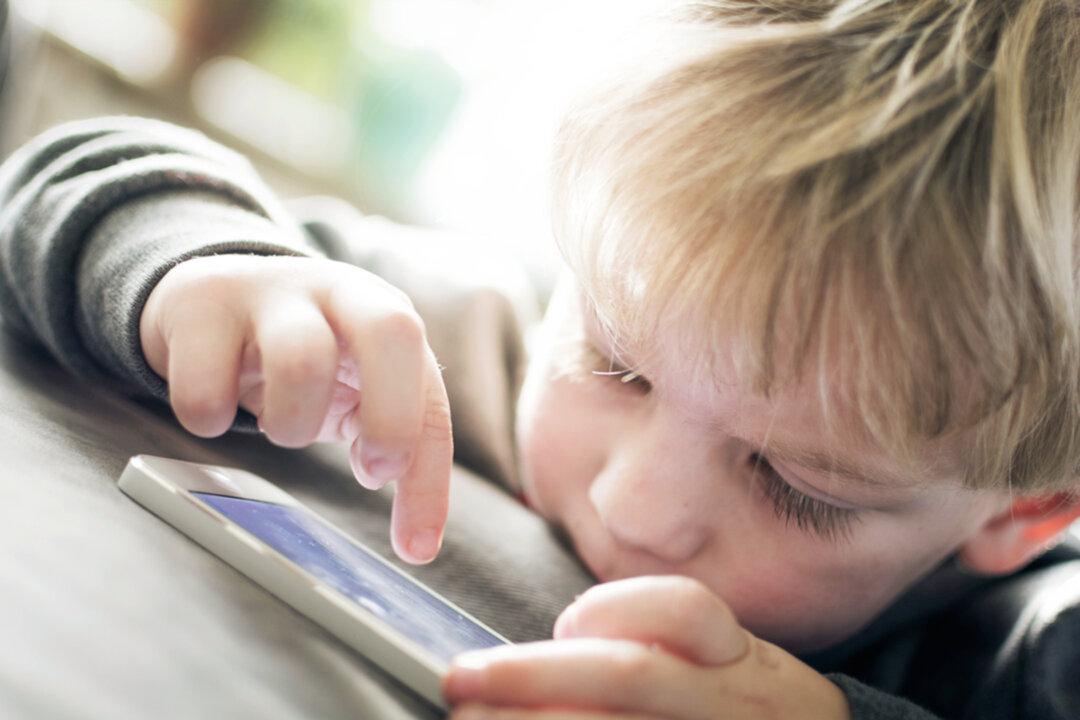The Royal College of Speech and Language Therapists (RCSLT) say they are “very worried” about the number of toddlers in the UK that are struggling with communication because of repeated lockdowns.
Therapists and charities have expressed fears about a sharp decline in speech and motor skills, with referrals for language therapy doubling. Speech and language therapy sessions are provided to children (and adults) to help them communicate.




